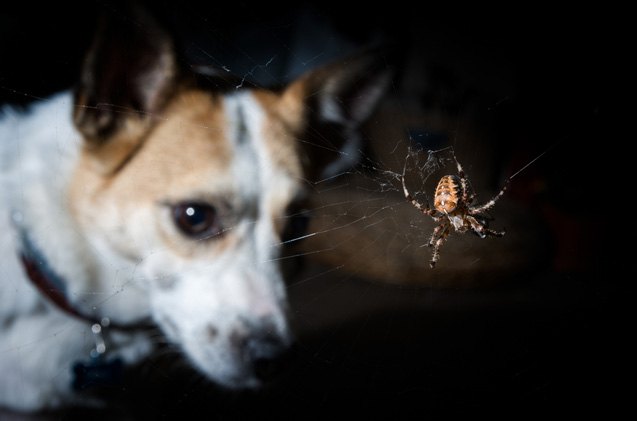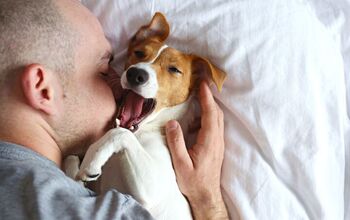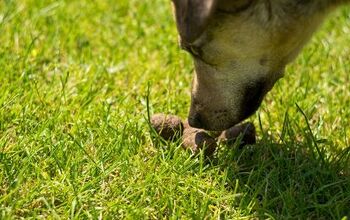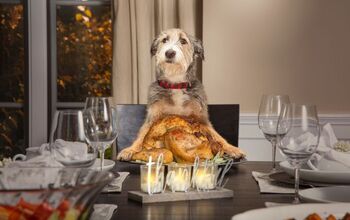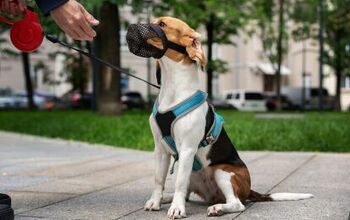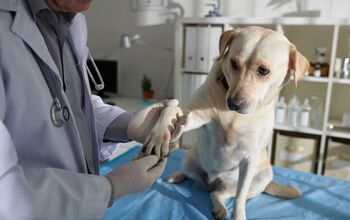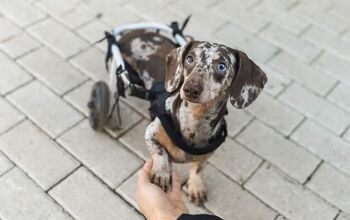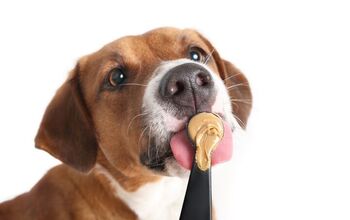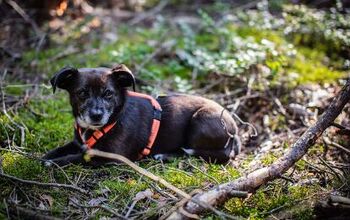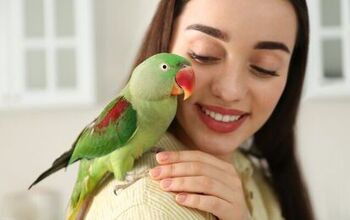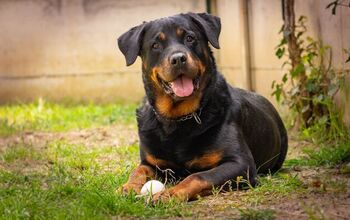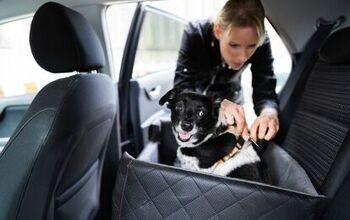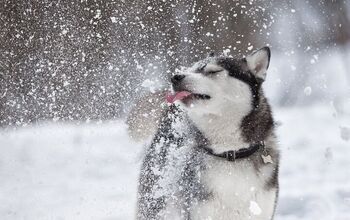Can My Dog Eat Spiders?

If you’re a dog owner, there has probably been a time when your dog did something strange that left you scratching your head. Maybe he decided that the wooden spoon you were using to cook dinner was actually a chew toy. Perhaps he decided that your newly mulched flower bed was the perfect place to dig a giant hole.
Some of the strangest things dogs do is eat things that you would never think of as appealing. Dogs will eat anything that comes close to their mouths – including spiders. Keep reading to learn whether it is safe for your dog to eat spiders and what to do if he does it.
Related: Can Dogs Eat Coconut?
What Do Veterinarians Have to Say?
There is no solid “yes” or “no” answer to the question whether dogs can eat spiders. The fact is that your dog will probably eat his fair share of insects and most of them aren’t going to cause a problem. The problem with spiders is that some of them are highly poisonous. If your dog eats a brown recluse spider or a black widow, it could be very dangerous. In most cases, however, it will simply be a harmless house spider and there won’t be any negative reaction.
Related: Can Dogs Eat Sweet Potato?
What Should I Look For?
If you know that your dog has eaten a spider, you should be on the lookout for signs of a negative reaction. In most cases, the spider will be harmless and your dog won’t be affected, but you should still observe him over the next 24 hours to be safe. Signs that your dog is having a negative reaction to the insect include the following:
- Skin inflammation or irritation
- Swelling, warm to the touch
- Bruising or pain when touched
- Nausea or vomiting
- Fever
- Lethargy or changes in behavior
If you notice any of these symptoms, you should seek veterinary care as soon as possible. Handle your dog carefully when loading him in the car and try to keep a record of the progression of his symptoms so you can report them to your vet. If you’re also able to identify the type of spider he ate, that could be useful information as well.
What About Other Insects?
Spiders aren’t the only insects your dog is likely to eat from time to time. Your dog will probably snap at flies or eat the occasional ant that goes wandering by, but what about other insects? Here is a quick overview of some of the insects your dog might eat that COULD harm him:
· June bugs – These insects aren’t toxic but eating a large number of them could cause your dog to develop an upset stomach and potentially vomiting and diarrhea.
· Stink bugs – Not only do these insects smell bad, but they taste bad as well, so your dog probably isn’t going to eat more than one. If he does, the bitter exudate could cause drooling or vomiting, but the insects themselves aren’t toxic.
· Asian lady beetles – These insects can cause chemical burns in your dog’s mouth and may upset his gastrointestinal tract as well. Dogs have died from consuming large numbers of these insects.
· Caterpillars – While many caterpillars themselves are harmless, some carry venom like the saddleback caterpillar and the monkey slug caterpillar. Your dog could also be harmed by something the caterpillar consumed, such as monarch butterfly caterpillars eating milkweed that contains glycoside poisons.
· Stinging insects – Any insect with a stinger (such as bees and wasps) can be harmful to your dog if he swallows them. Not only could your dog have an allergic reaction to a sting on the body, but if he gets stung in the throat it could cause dangerous swelling.
To sum things up, it is unlikely to harm your dog if he eats a spider or two, but you do need to be careful about certain types of spider and other insects. Your dog doesn’t know what is and isn’t good for him, so it’s your job to make sure he isn’t at risk.

Kate Barrington is the loving owner of two cats (Bagel and Munchkin) and a noisy herd of guinea pigs. Having grown up with golden retrievers, Kate has a great deal of experience with dogs but labels herself a lover of all pets. Having received a Bachelor's degree in English, Kate has combined her love for pets and her passion for writing to create her own freelance writing business, specializing in the pet niche.
More by Kate Barrington



